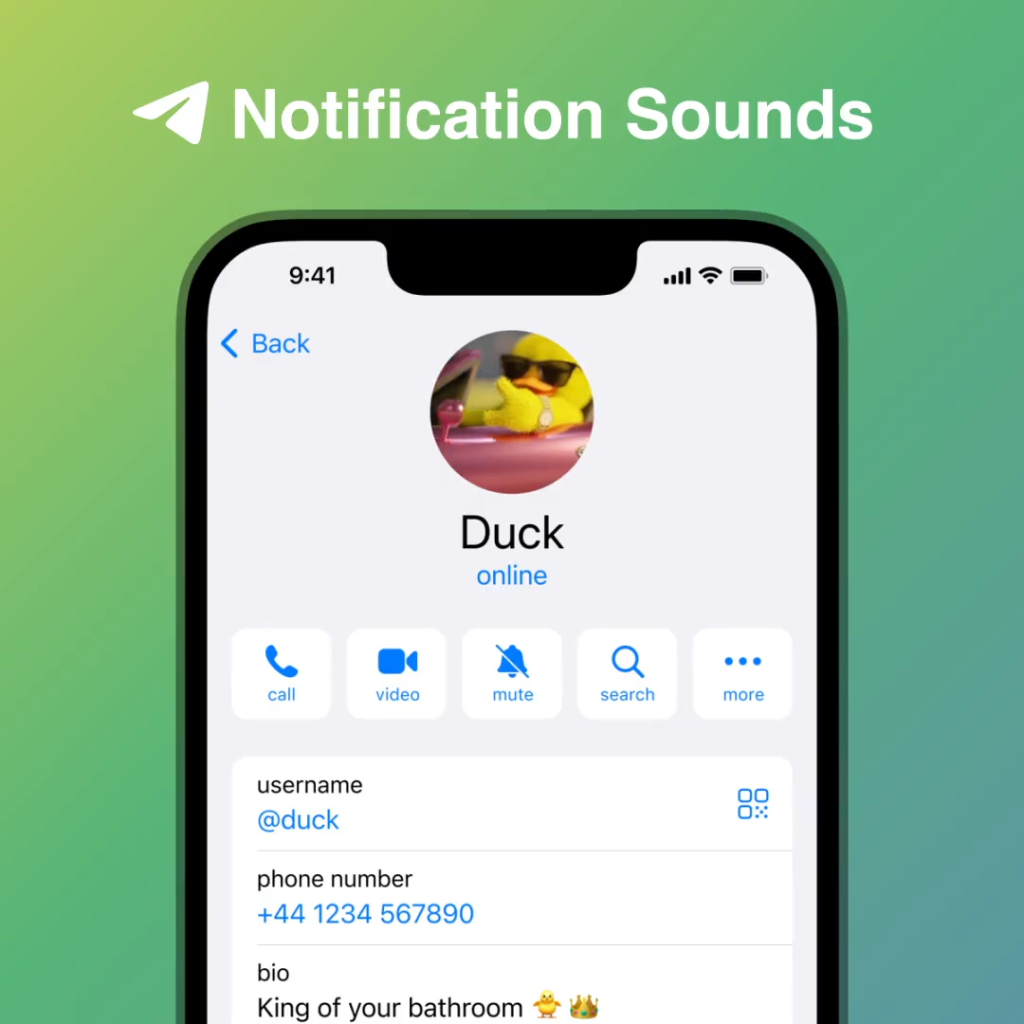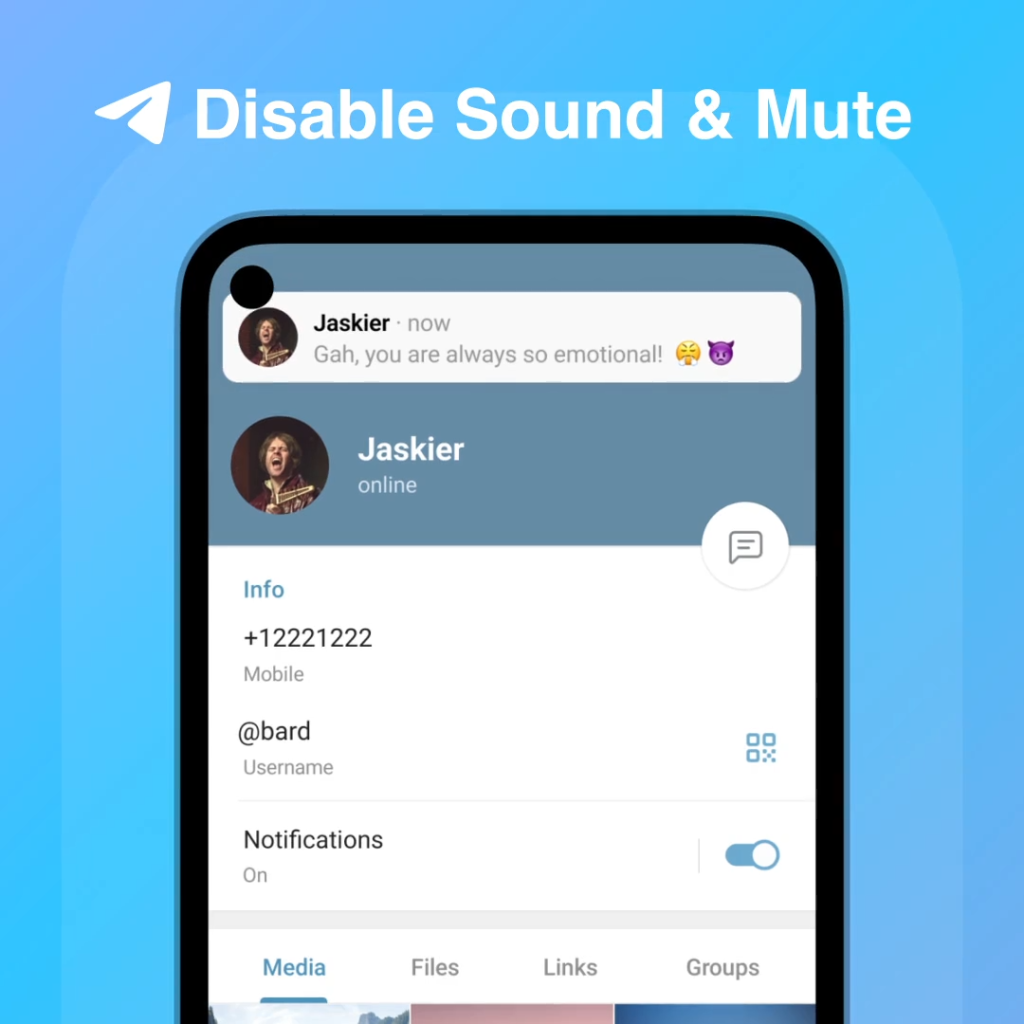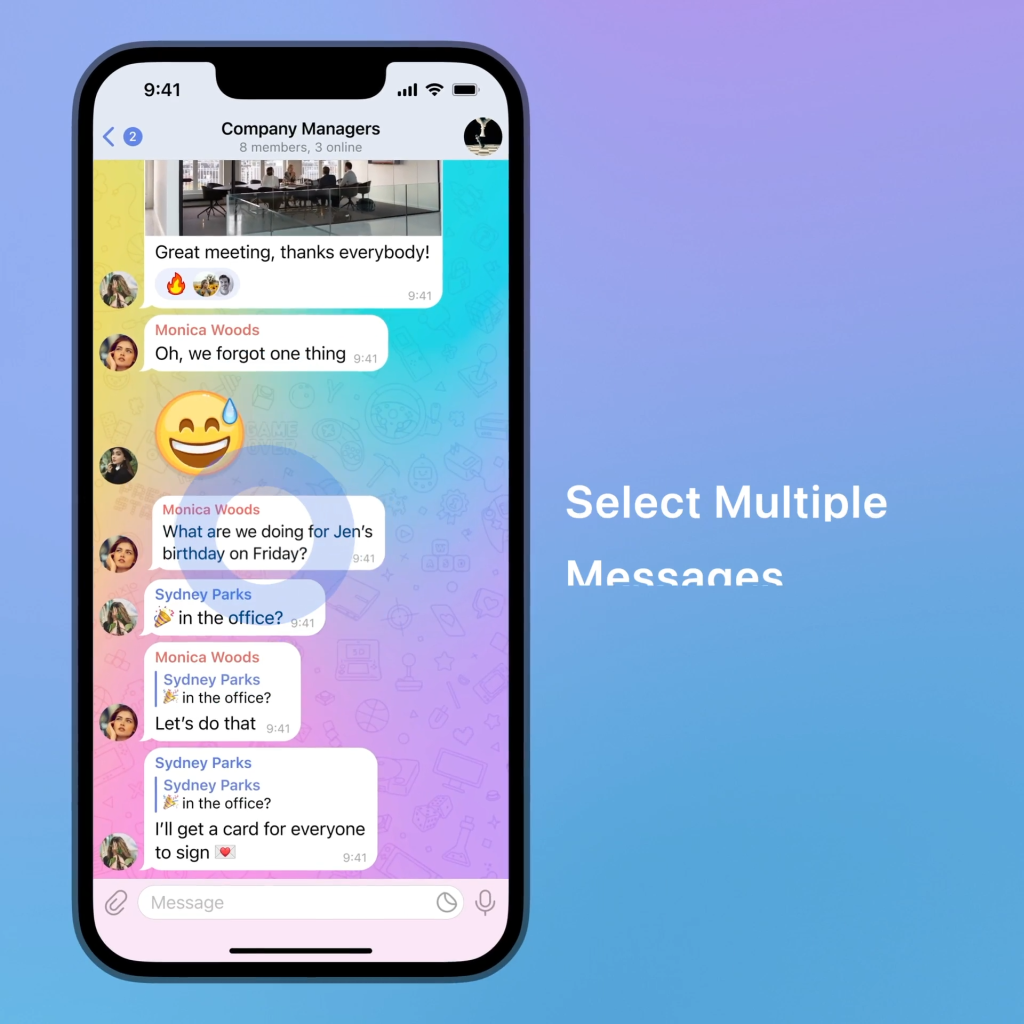
Your Trust Wallet may be blocked due to security concerns, suspicious activity, incomplete verification, or compliance with financial regulations.
Common Reasons for Trust Wallet Blockage
Security Concerns
Trust Wallet implements rigorous security protocols to safeguard users’ digital assets. When suspicious activities are detected, such as unauthorized access attempts or irregular transactions, the system may block the account to prevent potential breaches. This precautionary measure ensures the safety of the funds and personal information.
- Unauthorized Access Attempts: Any login attempts from unrecognized devices or locations can trigger security alarms. Trust Wallet may block access to prevent unauthorized use.
- Irregular Transactions: Transactions that deviate significantly from your usual activity patterns can raise red flags. These could include unusually large transactions or interactions with untrusted smart contracts.
Multiple Failed Login Attempts
Repeated unsuccessful login attempts can indicate potential hacking attempts. To protect your account from being compromised, Trust Wallet may temporarily block access after several failed attempts. This measure helps to thwart unauthorized users who might be trying to guess your login credentials.
- Protection Against Brute Force Attacks: By limiting the number of login attempts, Trust Wallet prevents hackers from using automated methods to gain access.
- Account Lockdown: After a certain number of failed attempts, the account is locked down to ensure the legitimate owner can take appropriate action, such as resetting the password or verifying their identity.

Account Verification Issues
Incomplete Verification
Trust Wallet requires users to complete certain verification processes to ensure the security and legitimacy of accounts. If your account verification is incomplete, it can lead to restrictions or blockage. Verification steps typically include identity checks and email confirmations.
- Identity Checks: Ensuring that all required personal identification information is submitted accurately and in full.
- Email Confirmations: Verifying your email address to establish a reliable communication channel for account-related notifications and recovery.
Incorrect Verification Details
Providing incorrect or inconsistent information during the verification process can result in your account being blocked. Trust Wallet uses this information to confirm your identity and protect your assets.
- Mismatched Information: Discrepancies between your submitted details and official records can cause verification failures.
- Documentation Issues: Submitting invalid or unreadable documents can also hinder the verification process, leading to account restrictions.
Suspicious Activity
Unusual Login Locations
Trust Wallet monitors login attempts from various locations to detect suspicious activity. Logging in from a location that significantly differs from your usual access points can trigger security measures.
- Geolocation Monitoring: The system tracks the geographical locations of login attempts to identify potentially unauthorized access.
- IP Address Tracking: Trust Wallet uses IP address tracking to ensure logins are coming from known and trusted sources.
Large Transactions
Large or atypical transactions can also raise suspicion, leading to account blockage as a precautionary measure. This is done to prevent unauthorized transfers and protect your assets.
- Transaction Limits: Trust Wallet may have predefined limits for transaction amounts, and exceeding these limits can trigger an alert.
- Pattern Analysis: The system analyzes transaction patterns, and deviations from your normal activity can result in security measures being enforced.

Phishing Attacks
Compromised Account
Phishing attacks are a prevalent threat in the crypto space, where attackers attempt to trick users into revealing their login credentials. If Trust Wallet detects that your account has been compromised due to a phishing scam, it may block your account to prevent further unauthorized activities.
- Suspicious Links: Be cautious of emails or messages containing links that direct you to fake login pages designed to steal your credentials.
- Security Alerts: Trust Wallet might send alerts if there are signs that your account has been compromised, prompting immediate action to secure it.
Unauthorized Access
Unauthorized access to your Trust Wallet can occur if attackers successfully gain control of your login details. In such cases, the wallet’s security measures will block the account to prevent loss of funds and unauthorized transactions.
- Login Attempts from Unrecognized Devices: Logging in from unknown devices can trigger security protocols.
- Unusual Account Activity: Any activity that deviates from your normal usage pattern can lead to temporary account blockage to verify the authenticity of the transactions.

Compliance with Regulations
Regional Regulations
Trust Wallet must adhere to various regional financial regulations to operate legally in different jurisdictions. If your activities do not comply with local laws and regulations, your account may be blocked until the issue is resolved.
- KYC (Know Your Customer) Requirements: Trust Wallet may require detailed personal information to comply with local regulations. Failure to provide accurate KYC information can result in account restrictions.
- AML (Anti-Money Laundering) Policies: Regional laws may require strict monitoring of transactions to prevent money laundering. Suspicious transactions may trigger account blocks to ensure compliance.
International Financial Regulations
In addition to regional regulations, Trust Wallet must also comply with international financial laws. These regulations are in place to prevent illegal activities such as money laundering and terrorist financing on a global scale.
- Cross-Border Transaction Monitoring: Transactions that cross international borders are closely monitored to ensure they comply with international financial laws.
- Sanctioned Countries and Entities: Accounts associated with countries or entities under international sanctions may face restrictions or blockages to comply with global regulatory requirements.

Software Bugs and Glitches
Temporary Blockages
Sometimes, software bugs or glitches within the Trust Wallet application can cause temporary blockages. These issues are typically resolved with updates and patches from the Trust Wallet development team.
- System Errors: Errors in the code or unexpected behavior within the app can lead to account access issues.
- Maintenance Downtime: During periods of maintenance or updates, temporary blockages might occur as systems are updated or repaired.
Keeping App Updated
Ensuring that your Trust Wallet app is always updated to the latest version can help prevent many issues, including those caused by bugs and glitches. Regular updates often include fixes for known issues and enhancements to improve security and functionality.
- Update Notifications: Trust Wallet will usually notify users when a new update is available. It’s crucial to install these updates promptly.
- Automatic Updates: Enabling automatic updates on your device can ensure that you always have the latest version of the app without needing to check manually.

Resolving Trust Wallet Blockage Issues
Contacting Trust Wallet Support
If your Trust Wallet is blocked, the first step in resolving the issue is to contact Trust Wallet support. The support team can provide specific reasons for the blockage and guide you through the steps necessary to restore access to your account.
- Support Channels: Utilize the official support channels such as the Trust Wallet website, email, or in-app support features to reach out for help.
- Detailed Explanation: Provide a detailed explanation of the issue, including any error messages and recent activities that may have triggered the blockage.
Providing Required Documentation
To resolve the blockage, you may need to provide additional documentation to verify your identity and the legitimacy of your account activities. This ensures that Trust Wallet can confirm you are the rightful owner of the account.
- Identification Documents: Be prepared to submit copies of your ID, passport, or other official identification documents.
- Proof of Activity: In some cases, you may need to provide proof of transactions or other activities to validate your account’s history and usage patterns.